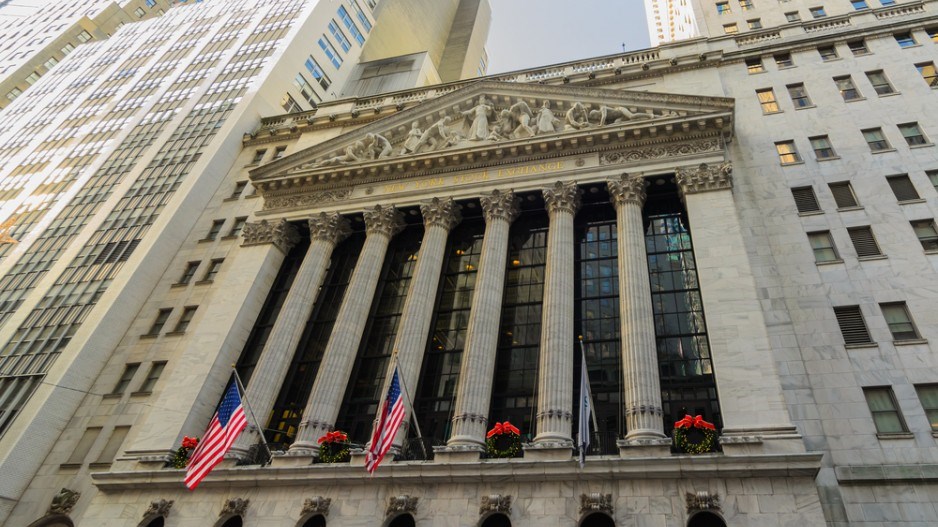On any given day the New York Stock Exchange (NYSE) trades an average of US$3.6 billion worth of Canadian stocks from 152 companies cross-listed on its exchange, according to Alex Ibrahim.
“If you look at the Canadian market, there are great companies in the tech space privately held that eventually will need to be in the market,” the NYSE’s head of international capital markets told Business in Vancouver.
“So we’re talking to all of them; it’s just the market is just a little bit quiet for any IPO [initial public offering].”
Ibrahim said he couldn’t discuss any companies specifically.
But developments at Vision Critical caught his eye last month when the Vancouver-based consumer intelligence software firm sold off its consulting unit to Maru Group.
While the sale allows Vision Critical to focus solely on its software division, making it more appealing to investors, Ibrahim said it’s unlikely 2016 will be the breakout year for Canadian tech IPOs.
This comes after Ottawa-based Shopify’s (TSX:SH; NYSE:SHOP) May 2015 IPO exceeded expectations, raising $131 million.
The rule generally goes that a slump in commodity prices usually sparks interest in investing in knowledge-based companies.
But volatility in China coupled with uncertainty over oil prices has created too many risk elements in the market, according to Ibrahim.
“In tech we tend to follow what happens in the U.S. by some degree of margin, like six months to a year,” said Brent Holliday, CEO of Garibaldi Capital Advisors.
“The listings on the Nasdaq and New York Stock Exchange are much bigger. I don’t think you’d see a Canadian company try to be a bellwether for the markets opening up.”
Hootsuite, arguably one of Vancouver’s highest-profile tech companies, has been the object of considerable speculation during the past three years over a possible IPO.
This ramped up in October 2015 when the social media management company hired Sujeet Kini as its first chief financial officer. Kini previously worked as chief accounting officer at OpenText (TSX:OTC), one of Canada’s largest publicly traded software companies.
Earlier this month, Bloomberg reported Boston-based asset manager Fidelity Investments had written down its investment in Hootsuite by 18% after leading a US$60 million financing round in 2014.
“If you look at Hoosuite, I don’t anticipate them listing on the TSX [Toronto Stock Exchange] as a primary listing,” Holliday said. “When you get a majority owner that’s in the U.S., there’s no chance you’re going to go public on the TSX.”
Other local tech companies like Vision Critical, Cymax or BuildDirect, which aren’t backed primarily by U.S. investors, are more likely to go public on the TSX first before considering any cross-listings on U.S. markets, Holliday added.
“The main reason a lot of those [Canadian] companies consider the U.S. market is because of the knowledge that exists here in the tech space,” Ibrahim said. “You have a very deep pool of investors and a lot of them understand the tech sector really well. They can value the company correctly.”




